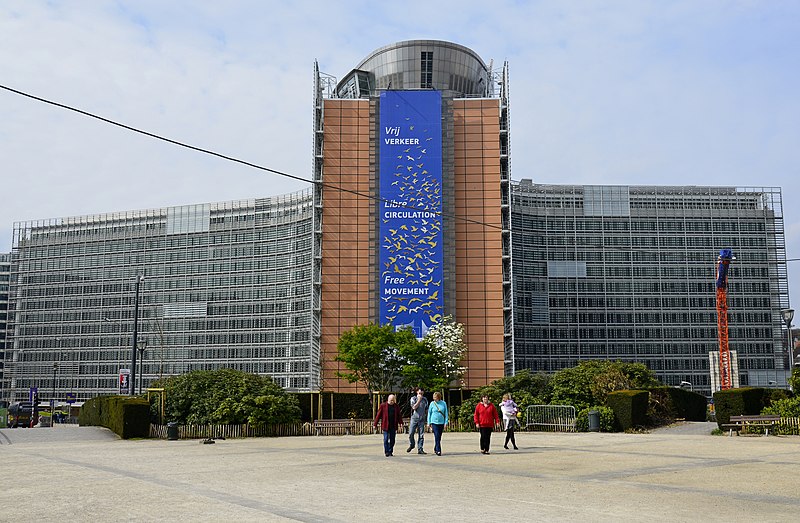
Today, Commissioner for Home Affairs, Ylva Johansson, and Commissioner for Jobs and Social Rights, Nicolas Schmit, welcomed migration and employment experts from EU Member States
at the first meeting of the Labour Migration Platform in Brussels. The platform has been set up to advance labour migration from third countries to the EU and to ensure that it is well-managed and targeted to where the labour and skills needs are. The new platform brings together the Commission and representatives from Member States specialising in migration and employment policy to foster close cooperation between the two sectors, as well as between Member States and the EU to support effective operationalisation of EU-level initiatives on legal migration and employment. The launch of the Platform is an initiative of the Skills and Talent Package and will support the objectives and actions of the proposed 2023 Year of Skills.
Commissioner for Home Affairs, Ylva Johansson, said: “Attracting skilled and talented people from non-EU countries to the EU labour market is high on our agenda, as many companies in the EU are struggling to find workers with the necessary skills. To be among the winners in the global race for talent, we need to continuously develop and adapt EU legal migration policy. The new Labour Migration Platform allows us to build on Member States' experiences and best practices in labour migration and make use of the expertise of the migration and employment sectors.”
Commissioner for Jobs and Social Rights, Nicolas Schmit, said: “Many companies in the EU struggle to find workers with the skills they need. Targeted labour migration combined with an active integration policy is one answer to this challenge. This new platform will help Member States tackle labour shortages in key sectors, including for the green and digital transition. At the same time, it will support people from outside the EU in finding a quality job here, building on the skills they have and learning new skills. Ensuring fair and decent working conditions for all must remain our priority in this context.”
Member States are facing labour and skills shortages, for example in the healthcare and information technology sectors. A skilled workforce is key to ensure future competitiveness and make the most of the opportunities of the green and digital transition. Due to current demographic trends leading to an ageing and shrinking working population in the EU, these shortages will increase in the future. One measure that can contribute to overcome this challenge is well-managed labour migration.
At today's meeting, the participants, including economic and social partners, discussed labour market challenges and the opportunities of labour migration to help tackle these. They also exchanged views and best practices regarding the most effective tools to attract skilled and talented people to the EU. To advance joint efforts, the Commission and Member States are making use of the platform to support the operationalisation of EU-level initiatives on legal migration and employment, such as the future EU Talent Pool and EU Talent Partnerships both outlined in the Commission's Skills and Talent Package.
Next Steps
The Labour Migration Platform will meet on a regular basis to enhance cooperation and progress in the area of labour migration to the EU. Depending on the topics discussed, relevant experts and organisations will be asked to join in addition to Commission and Member States' representatives. The aim will be to learn from each other and advancing together.
Background
On 27 April 2022, the European Commission adopted the Skills and Talent Package to address current demographic and migration challenges in the EU and prepare for future needs. This is a key pillar of the Pact on Migration and Asylum. One new initiative of the package is the development of tailor-made Talent Partnerships with non-EU countries, which will provide opportunities for non-EU nationals to come to the EU for work or training. An upcoming initiative is the EU Talent Pool that will help jobseekers from non-EU countries find jobs that match their competencies and assist employers to fill their positions with qualified personnel. The package highlights that progress in the area of labour migration and the success of new initiatives depend on closer cooperation and a better understanding between the migration and the employment sectors.
On 28 October, Commission President Ursula von der Leyen proposed to make 2023 the European Year of Skills. This highlights the need to address labour shortages and the importance of a skilled workforce for the future of Europe's economies and societies. One goal to achieve this is attracting people from third countries who have the skills that are needed on the EU labour market including by strengthening learning opportunities and mobility, and by facilitating the recognition of qualifications. Photo by Stephane Mignon, Wikimedia commons.








































